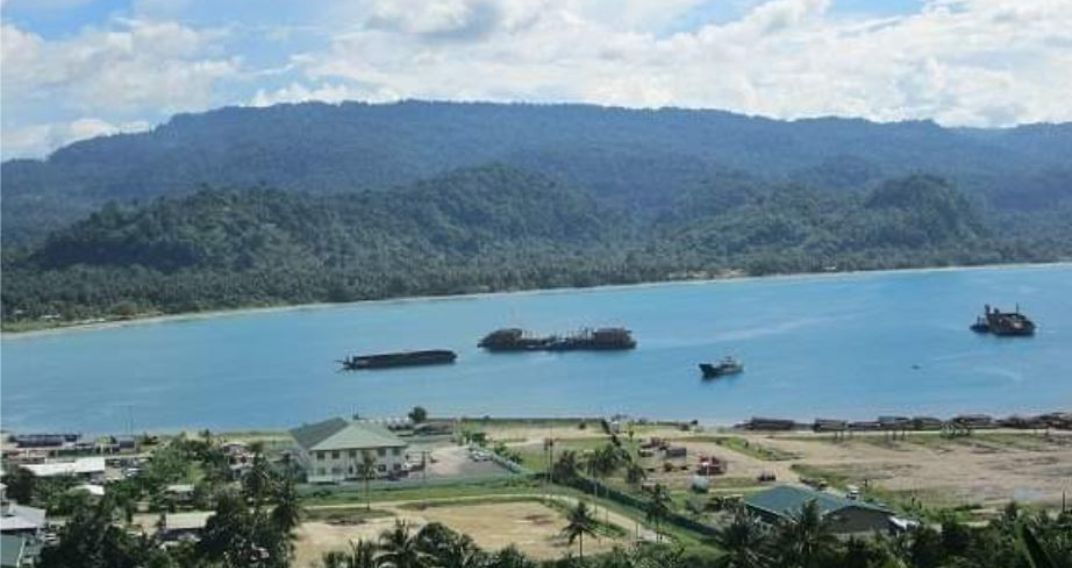
AINBAI-ELIS- Papua new Guinea
Welcome to the Ainbai-Elis Forest Land Project, a transformative initiative rooted in ecosystem restoration and carbon sequestration in Papua New Guinea. This project addresses pressing environmental challenges by strategically reducing forest and land degradation. Our focus on enhancing biodiversity, improving social welfare, and ensuring sustainability also aligns with the United Nation Sustainable Development Goals.
Project Overview:
Situated in the Bewani Mountains, spanning 65,500 hectares, this project utilizes the Improved Forest Management (IFM) methodology. The land, customarily owned by the indigenous community, faces challenges from commercial interests, emphasizing the delicate balance between economic pursuits and ancestral preservation. By employing selective logging, we aim to safeguard biodiversity, enhance community livelihoods, and mitigate ecological impacts.
Cultural Stewardship:
Under customary ownership, the forest land is vested in the indigenous community, preserving it largely untouched except for subsistence activities. Passed down through patrilineal descent, traditional land rights delineate ownership, fostering a connection to the land.
Challenges and Balancing Acts:
Historically utilized for subsistence living, the area boasts an abundance of tropical timber species. While selective logging occurred in the past, natural regrowth has taken place, prompting supervised reforestation efforts. The community faces pressures from commercial agriculture, including oil palm cultivation, highlighting the delicate balance between economic interests and ancestral land preservation.
Stakeholder Collaboration:
Local landowners, government bodies, carbon credit investors, and specialized organizations collaborate to advance project objectives and ensure sustainable implementation.
Key Pillars:
The project focuses on safeguarding biodiversity, enhancing community livelihoods, promoting environmental sustainability, and cherishing cultural heritage. Emphasizing selective logging, we seek to perpetuate the vibrancy of endangered flora and time-honored trees, supporting community prosperity through responsible timber harvesting. Additionally, we are committed to mitigating ecological impacts by curbing carbon emissions and nurturing the ecosystem's resilience.
Throughout the project, we've achieved several Sustainable Development Goals, including No Poverty, Good Health & Well-being, Quality Education, Clean Water & Sanitation, Affordable & Clean Energy, and Life on Land.


